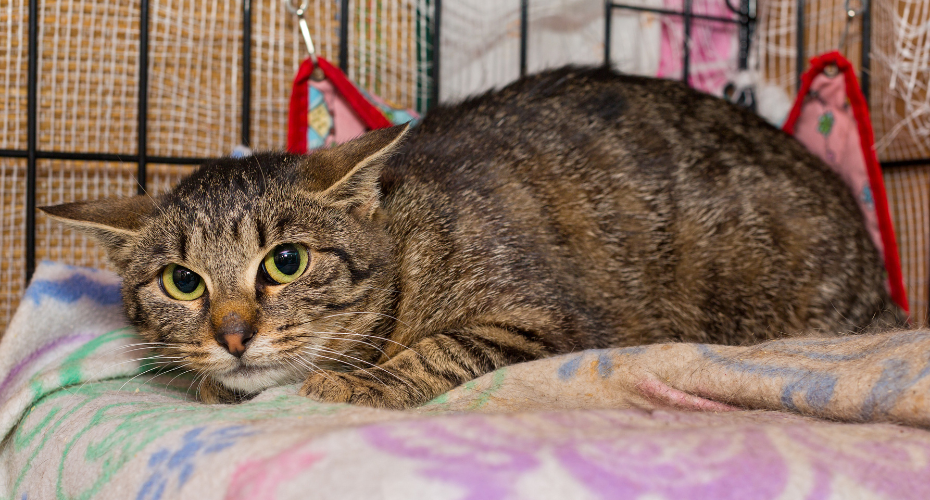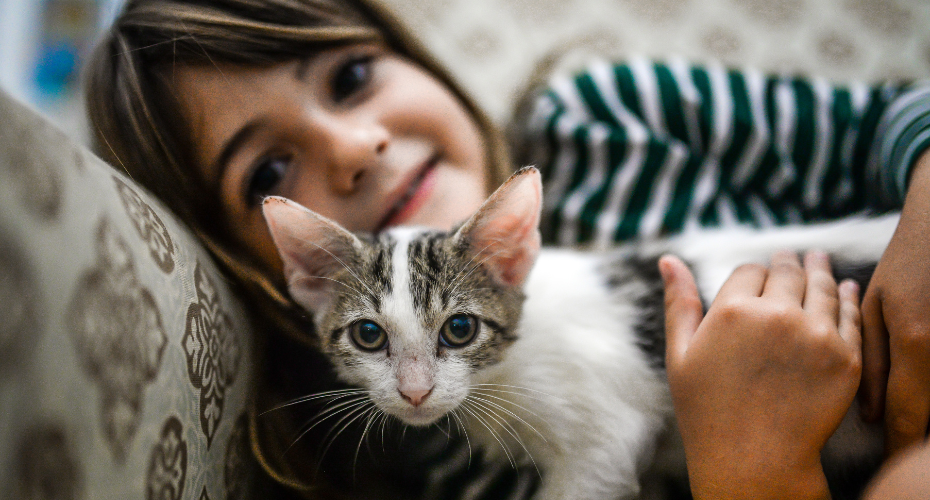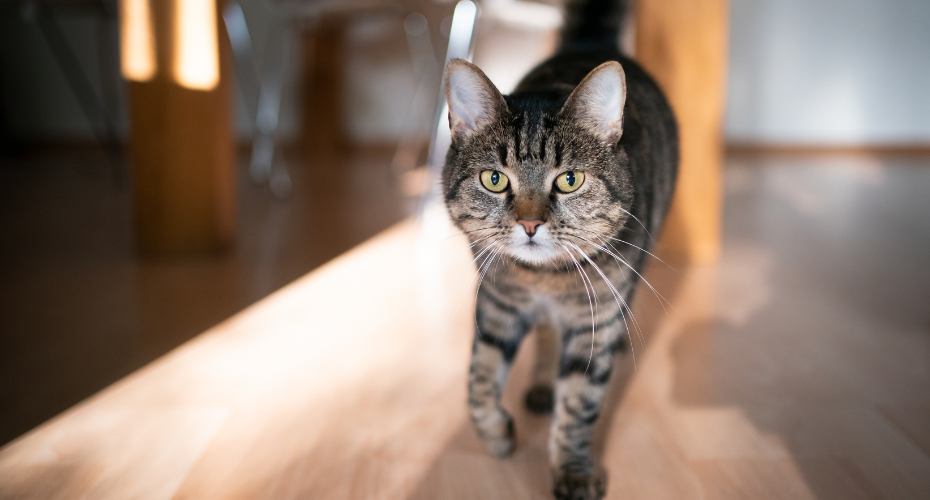
The vast majority of cats that are infected with Feline Immunodeficiency Virus, or FIV, contracted the disease when they were fighting with another cat. The cat virus, which thrives in the saliva of cats that are infected, travels beneath the skin of the victim after being bitten. Once it has made its way into the cat’s body, FIV works to quickly infect the cells, multiply, and spread throughout the body using blood vessels and lymph channels.
Most of the cases of cat FIV involve cats that have had a history of fighting and bite wounds. For that reason, it is mainly outdoor cats that are at risk. These are the cats that will be willing to fight over territory and defend their home.
Can cat FIV be transmitted to a mother’s kittens?
While less common, another method of transmission is for a cat to give birth to kittens, which can sometimes be infected. It happens in the uterus during pregnancy, primarily due to the close contact with blood and other bodily fluids. It can happen during delivery or from drinking contaminated milk.
Not all of them will test positive for cat FIV, however. It isn’t very well understood, but scientists believe that there are several factors that play a role in this, like the specific strain of the cat virus and how healthy the mother is at the time. In some cases a litter will include FIV positive kittens, and sometimes not. There are still plenty of questions as to why.
What other ways can my healthy cat become infected?
A cat can also contract the disease if they receive a blood transfusion from an FIV positive donor. Thankfully, there are fairly reliable diagnostic tests that can be run on blood now that stop this from happening, for the most part. If your cat is a donor, though, you should make sure that it is screened for this kind of thing.
Also, in theory, cat FIV can be transmitted sexually. It isn’t known if there have been any cases of this, but this could be another reason to have your pet neutered.
Casual contact is rarely the culprit when it comes to spreading FIV. Sharing food, water bowls, litter pans, or grooming shouldn’t cause any problems. Reducing parasites with something like Drontal All Wormer should be a priority as well as removing ticks and fleas. There is a concern, however, that long term co habitation might result in transmission, though it isn’t understood very well. In many cases there are FIV positive proteins in their body, but they do not test positive for an infection with the usual testing methods and have not shown any signs of FIV. For that reason it is unclear what these results really mean, although you should consider transmission a possibility.


